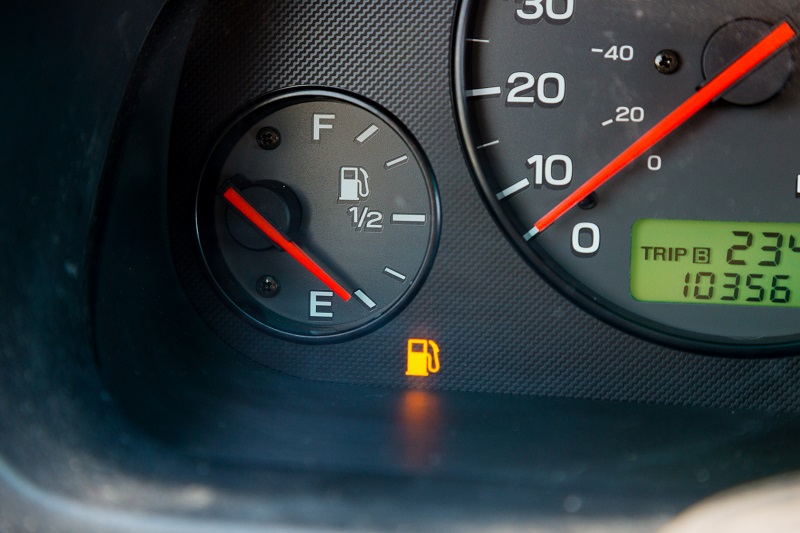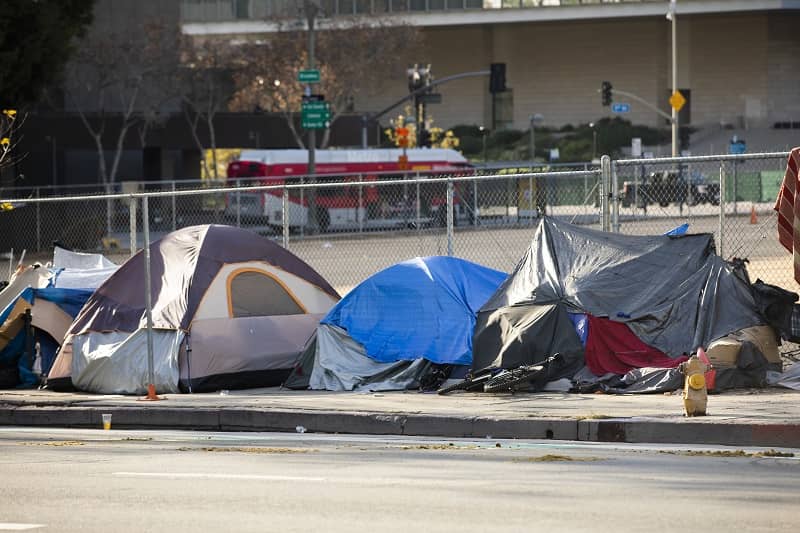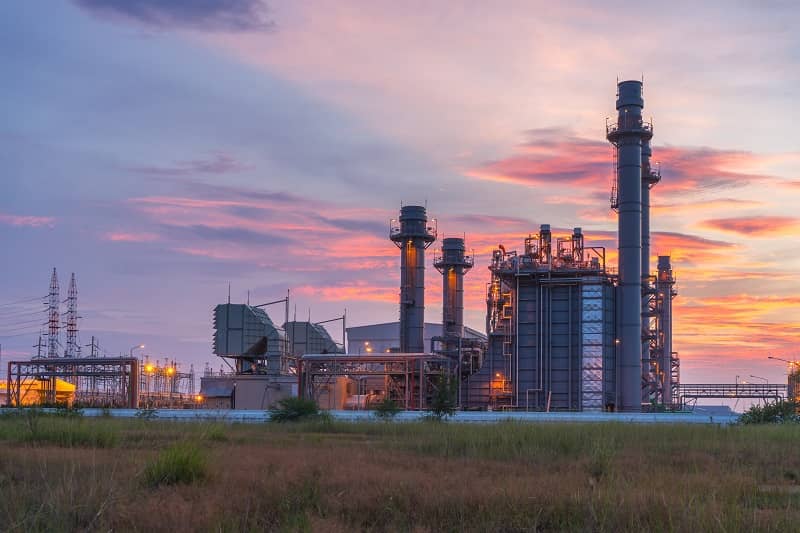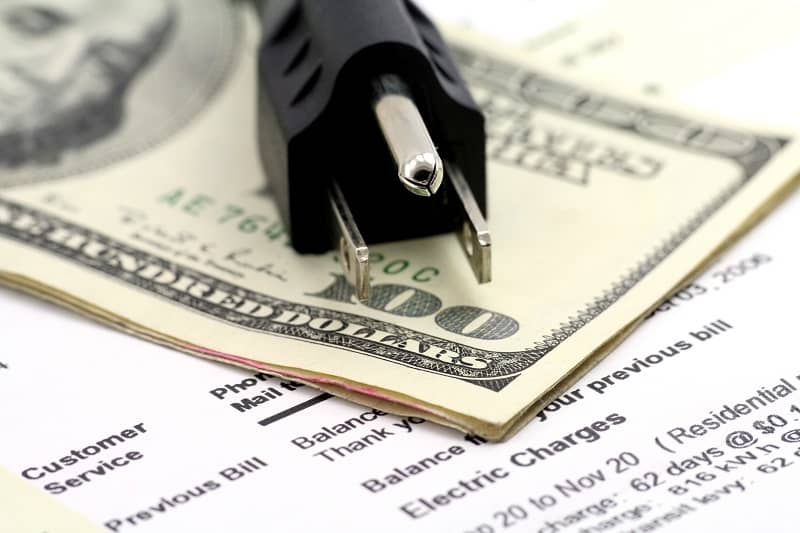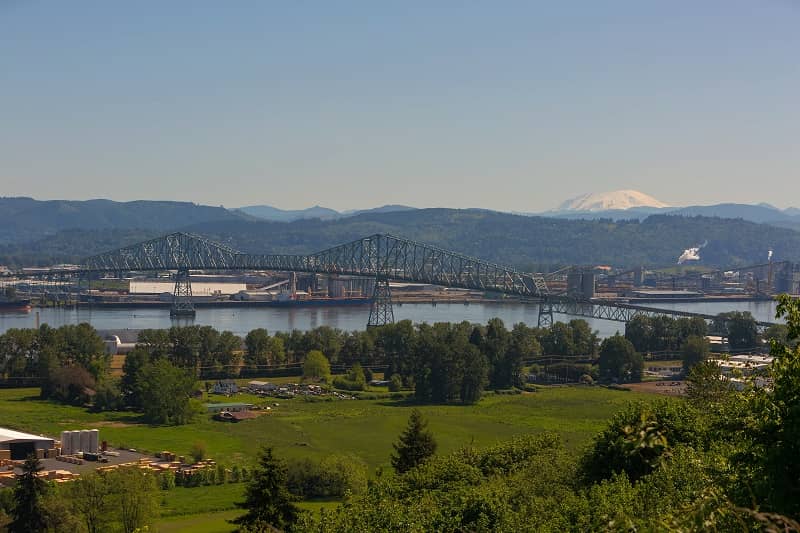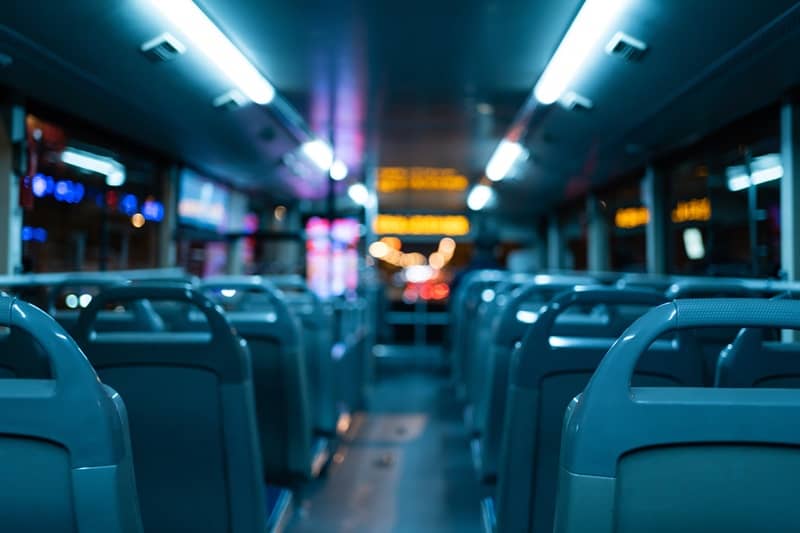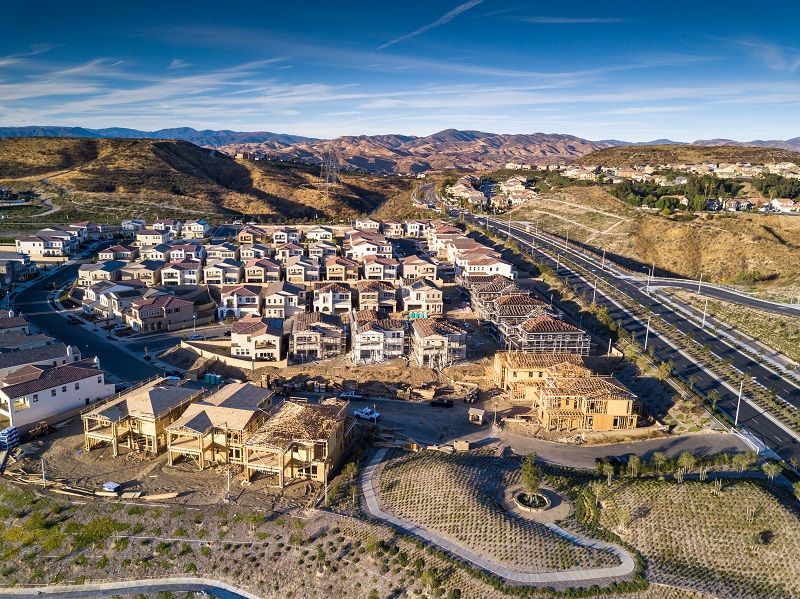By Eric Fruits, Ph.D.
Portland is a world leader in magical thinking on climate change. This Wednesday, we’ll see the City Council wave its magic wand yet again, when it will consider banning petroleum diesel in Portland by 2030. Only so-called renewable diesel will be available within the city limits.
City staffers and proponents of the ban are confident the market will conjure millions—if not billions—of gallons of renewable diesel to supply the city. But, the city itself admits it can’t find enough renewable diesel to service its own fleet. If the city government can’t meet its own goals, how will the city as a whole? The short answer: It won’t.
The city is placing enormous hope that someday a company called NEXT Renewables will produce enough biofuels to serve the whole region. But the company’s plan for a production facility near Clatskanie is stymied by permitting issues and land use lawsuits. This renewable fuel project is already three years behind schedule and may never come online. Electric vehicle technology for trucking is still a long way off.
We’ve been here before. In 2001, Portland promised that by 2010 all city-owned facilities would be using 100% renewable electricity. That never happened, and now the deadline is pushed back to 2030.
This week, council members will pat themselves on the back for banning petroleum diesel. But where will they be in 2030 when they find out the replacement fuel just isn’t there?
Eric Fruits, Ph.D. is Vice President of Research at Cascade Policy Institute, Oregon’s free market public policy research organization.
